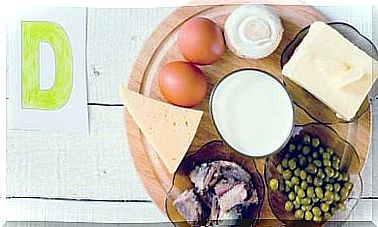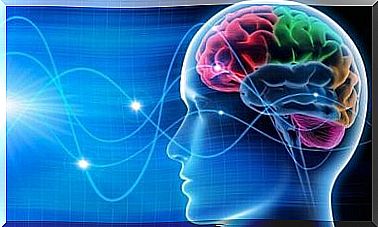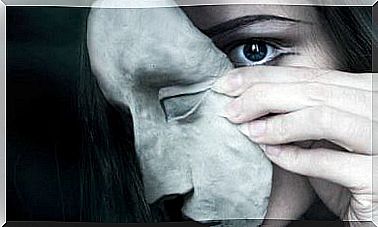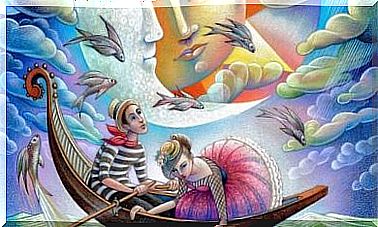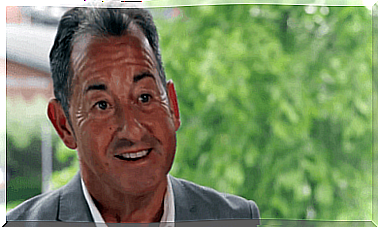If Your Child Has Dyslexia
When a parent is told that your child has an illness or disorder, their first reaction is that they are shocked. Often the love we feel for our children makes us exaggerate the problems the specialist explains to us, but the truth is that these hurdles are a great opportunity for us and our children.
If your child suffers from dyslexia, don’t worry; your child can still achieve anything he or she wants.
What is Dyslexia?
The first recorded case of dyslexia dates back more than a hundred years. Since then, there has been a debate about what the precise definition, diagnosis and treatment should be.
At the moment, the most accepted definition is that of the Dutch Dyslexia Foundation from 2003:
“Dyslexia is a disorder characterized by a persistent problem with learning and using word-level reading and/or spelling accurately and/or fluently.”
It is not a disease and therefore there is no cure.
The brain of a dyslexic person differs in certain areas, such as in the superior temporal region of the left hemisphere which is responsible for phonological processing and in the occipitotemporal region which forms the visual representations of words. This is thought to be caused by a disruption of a number of genes during the development of the embryo.
Help for those who suffer from dyslexia
Luz Rello suffers from dyslexia and is an expert in this field. Thanks to her, we have a new app called Dyseggxia, which consists of a number of exercises and games to help people with this problem. It has been proven to improve spelling significantly. The app is currently only available in English and Spanish.
There is also DysWebxia, also in English, which adapts texts for people with dyslexia so that children can read faster.
Many parents of children with dyslexia have shared their experiences on the internet. These blogs can be a great support for the parents. A mother, Maria, has started blogging with her dyslexic daughter. As she says: “I was desperate, stressed and looking for a way to express my feelings. I was convinced that only my mother and a few others would read it.” But to her surprise, her blog was frequently visited by other mothers of children who also had dyslexia. Her eldest son, who also has dyslexia, is now studying technical telecommunications: an example that you can be anything you want despite the dyslexia.
Recommendations for people with dyslexia
- The best way to help a child with dyslexia is to offer tools to compensate for the difficulties when confronted with words, tools that give them the confidence and encouragement to get over that hurdle and move on.
- The earlier you discover that your child has this difficulty, the better you can deal with it and put the indicated tools into action.
- Parents should remain calm and not make the problem worse than it is, but not ignore it either. Keep in mind that action is always necessary, because if there really is a problem, it won’t go away on its own.
- Work with the people who are part of the child’s education. Be it teachers or family members, everyone can and should do it together. In the future, the child will appreciate this effort.
Astronaut Wubbo Ockels, actor Orlando Bloom and top chef Jamie Oliver are all dyslexic. It was a little more difficult for them to study, read scripts or write recipes, but they never gave up.
We end with a quote from Luz Rello and we hope it will help you: “School is the worst thing for someone with dyslexia, but one day it will be over. Good luck! Then you can study whatever you want, be who you want to be and use all the tools you want to use.”


